Pratim Biswas, the Lucy & Stanley Lopata Professor in the McKelvey School of Engineering at Washington University in St. Louis, has been elected to the National Academy of Engineering, considered one of the highest honors in the field of engineering.
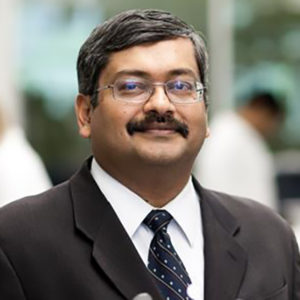
Biswas, also assistant vice chancellor of international programs and chair of the Department of Energy, Environmental & Chemical Engineering, is internationally renowned for his pioneering work in aerosol science and engineering. He holds eight patents and has spun off two start-up companies based on his inventions.
His work applying aerosol science to energy and environmental nanotechnology, solar energy use, air pollution control, medicine and other areas of science and engineering was most recently recognized with the Fuchs Award, the highest honor given to an aerosol scientist.
Biswas was selected, “for advancing the science of aerosol dynamics and particle removal technologies.” He will be inducted into the NAE Class of 2019 on Oct. 6 in Washington, D.C.
Biswas came to Washington University in 2000 to rebuild the environmental engineering science program that had been eliminated 30 years prior. Six years later, he created the Department of Energy, Environmental & Chemical Engineering, the first program of its kind, which now has 146 undergraduate and 124 graduate students; 24 tenured, tenure-track, teaching and research faculty; and $7.4 million in annual research expenditures.
Biswas has orchestrated numerous national and international collaborations to advance the common good, particularly in developing countries. He is the university’s ambassador to the Indian Institute of Technology and directs the McDonnell Academy Global Energy and Environmental Partnership (MAGEEP), a consortium of 35 universities worldwide where scholars collaborate on research and new initiatives.
Among the numerous awards and honors Biswas has received include:
- the 2015 Cecil Award given for exemplary accomplishments in environmental engineering by the American Institute of Chemical Engineers;
- the 2013 David Sinclair Award given for outstanding contributions by an established scientist by the American Association for Aerosol Research;
- the Distinguished Faculty Award by Washington University in 2012;
- the Distinguished Alumni Award by the Indian Institute of Technology Bombay in 2011;
- the 1991 Kenneth Whitby Award given for outstanding contributions by the American Association for Aerosol Research; and
- the Neil Wandmacher Teaching Award of the College of Engineering in 1994.
He was elected as a fellow of the Academy of Science, St. Louis in 2003 and a fellow of the American Association for Aerosol Research in 2009. In 2014, he was selected as a fellow of the International Aerosol Research Assembly; and in 2017 was elected fellow of the Association of Environmental Engineering Science Professors.
Biswas is an international leader in aerosol science and technology. He was the conference chair for the 15th annual meeting of the American Association for Aerosol Research; chair of the Critical Review Committee of the Air and Waste Management Association; an associate editor of the Aerosol Science and Technology Journal; and the technical program chair of the 7th International Aerosol Conference in 2006. He served on the board of directors of the American Association for Aerosol Research, was the treasurer in 1998 and president of the organization in 2006-07. He is a member of the steering committee of the McDonnell International Scholars Academy and is president of the International Aerosol Research Assembly. He is editor-in-chief of the Journal of Aerosol Science.
Biswas earned a doctorate from California Institute of Technology; a master’s in science from the university of California, Los Angeles; and a bachelor’s degree in technology from the Indian Institute of Technology, Bombay.
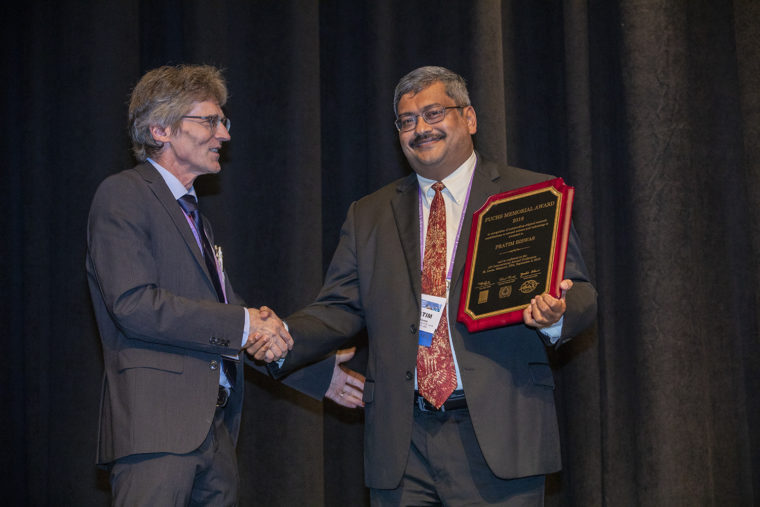
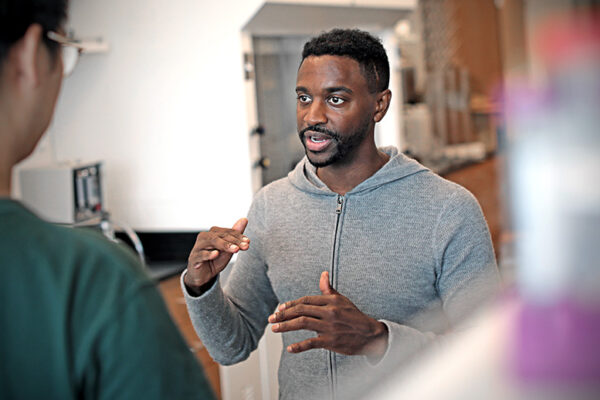
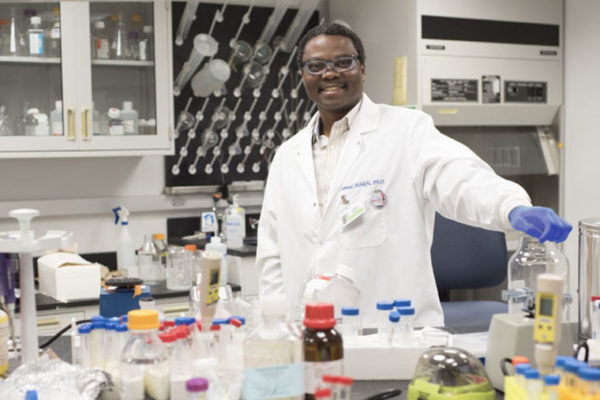
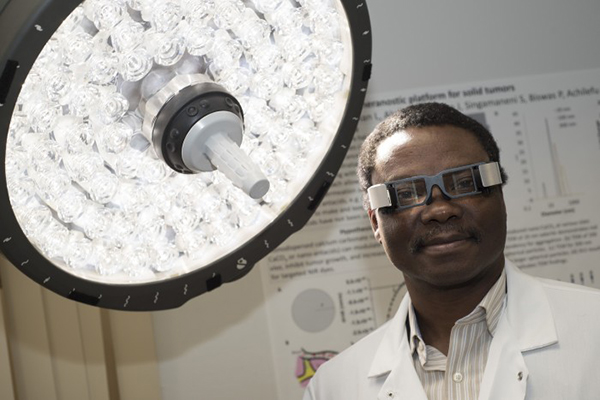
Comments and respectful dialogue are encouraged, but content will be moderated. Please, no personal attacks, obscenity or profanity, selling of commercial products, or endorsements of political candidates or positions. We reserve the right to remove any inappropriate comments. We also cannot address individual medical concerns or provide medical advice in this forum.